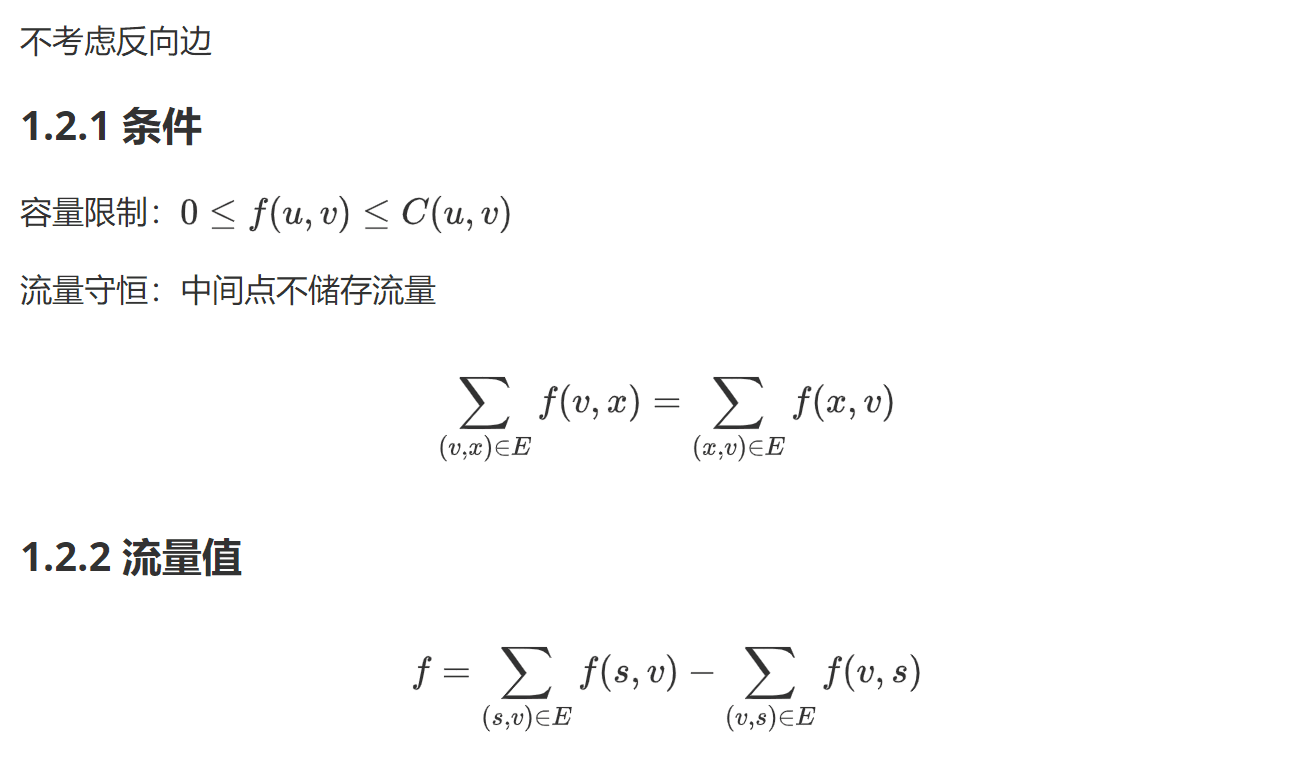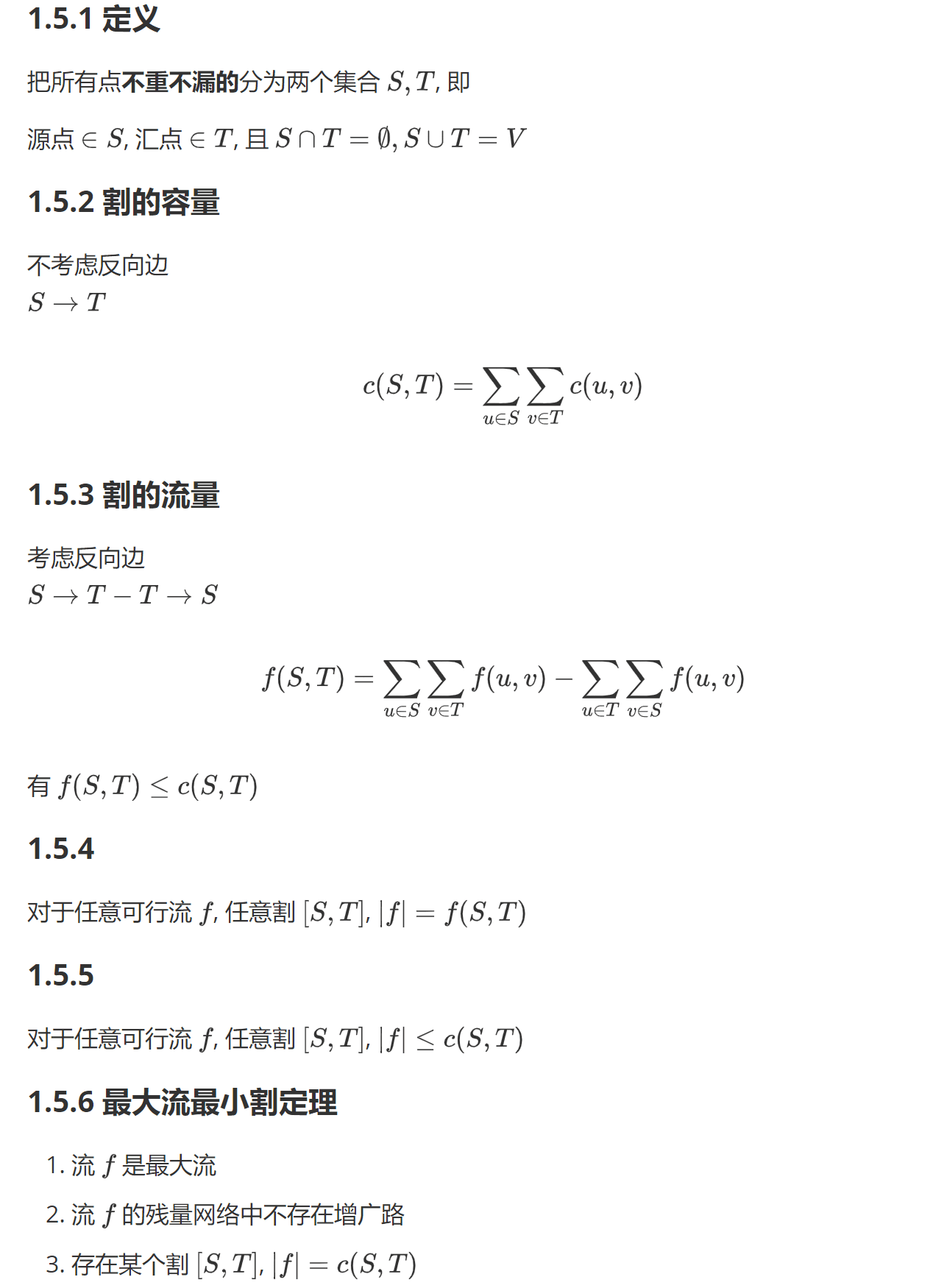1
2
3
4
5
6
7
8
9
10
11
12
13
14
15
16
17
18
19
20
21
22
23
24
25
26
27
28
29
30
31
32
33
34
35
36
37
38
39
40
41
42
43
44
45
46
47
48
49
50
51
52
53
54
55
56
57
58
59
60
61
62
63
64
65
66
| #include <bits/stdc++.h>
using namespace std;
const int N = 10005, M = 200005, inf = 1e9;
int n, m, S, T;
int h[N], e[M], ne[M], w[M], idx;
int d[N], cur[N];
void add (int a, int b, int c) {
e[idx] = b, ne[idx] = h[a], w[idx] = c, h[a] = idx ++;
}
bool bfs () {
queue <int> q;
memset (d, -1, sizeof d);
q.push (S), d[S] = 0, cur[S] = h[S];
while (!q.empty ()) {
int t = q.front();
q.pop();
for (int i = h[t]; ~i; i = ne[i]) {
int j = e[i];
if (d[j] != -1 || w[i] == 0) continue;
d[j] = d[t] + 1;
cur[j] = h[j];
if (j == T) return true;
q.push (j);
}
}
return false;
}
int find (int u, int limit) {
if (u == T) return limit;
int flow = 0;
for (int i = cur[u]; ~i && flow < limit; i = ne[i]) {
cur[u] = i;
int j = e[i];
if (d[j] != d[u] + 1 || w[i] == 0) continue;
int t = find (j, min (w[i], limit - flow));
if (t == 0) d[j] = -1;
w[i] -= t, w[i^1] += t, flow += t;
}
return flow;
}
int dinic () {
int r = 0, flow;
while (bfs ()) while (flow = find (S, inf)) r += flow;
return r;
}
int main () {
cin >> n >> m >> S >> T;
memset (h, -1, sizeof h);
while (m --) {
int a, b, c;
cin >> a >> b >> c;
add (a, b, c), add (b, a, 0);
}
cout << dinic () << endl;
}
|



